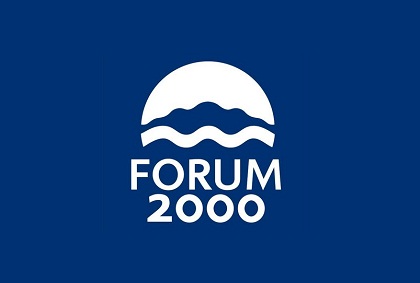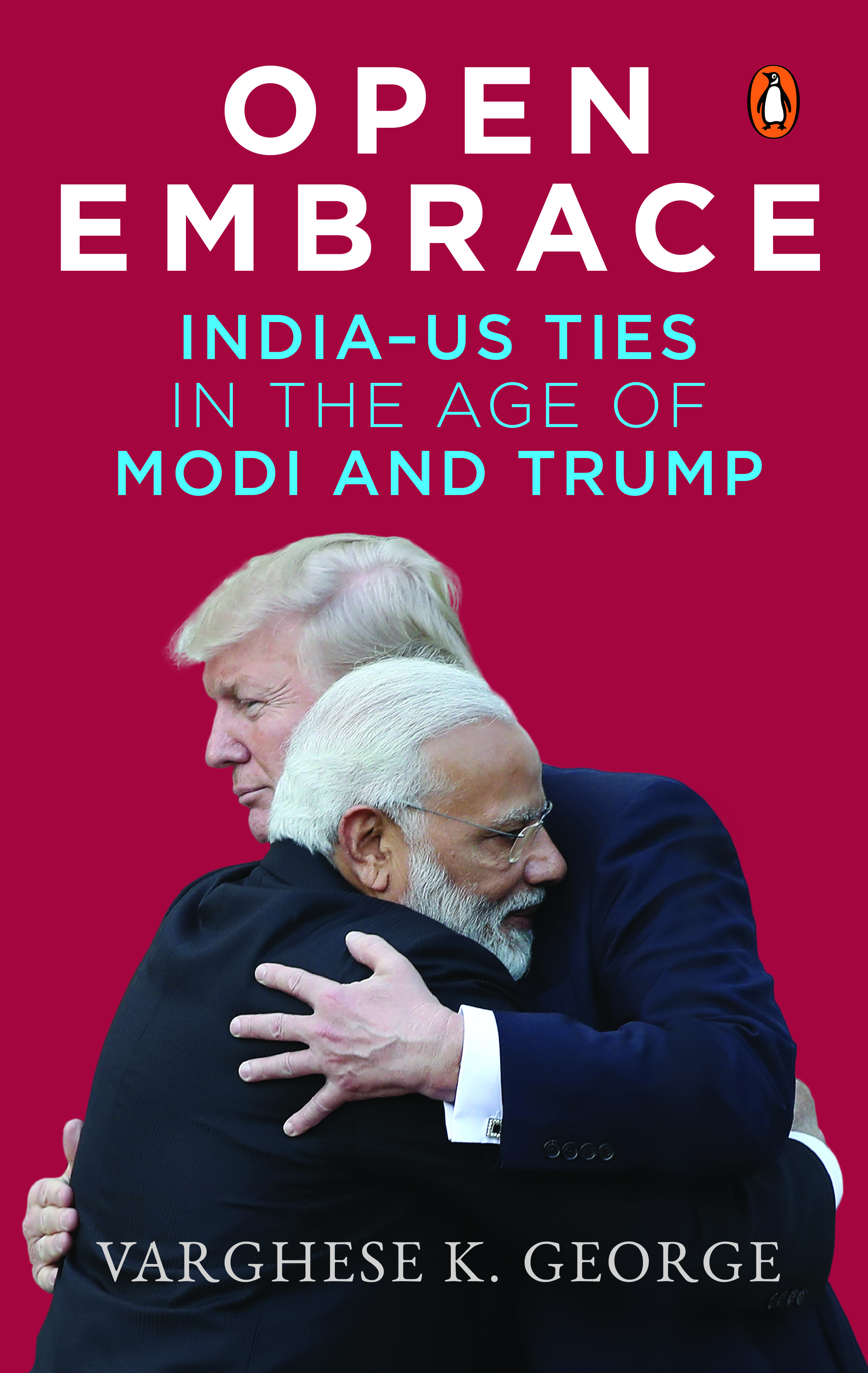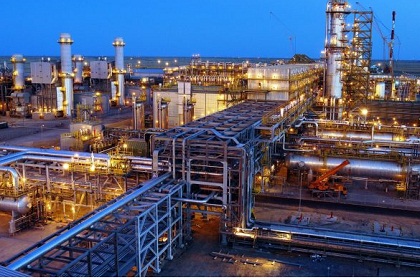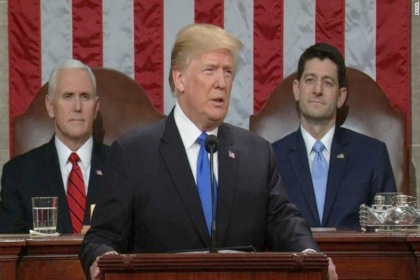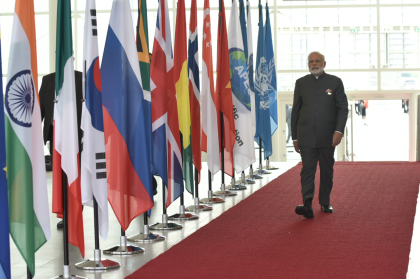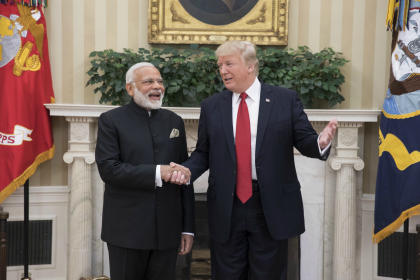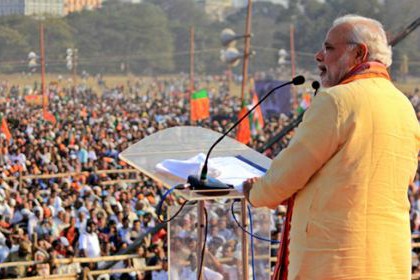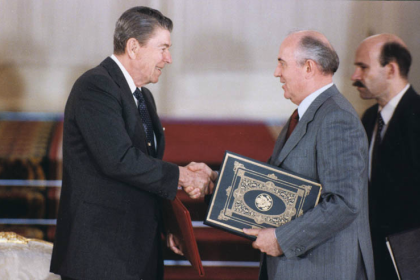Inadequate dissent at Forum 2000
Peaceful dissent was the original animus for the formation of the Forum 2000 Foundation. Started by the late Czech dissident Vaclav Havel, the conference, held in Prague every September, offers a platform to experts and activists from around the world to revisit ideas about pacifism and protest

